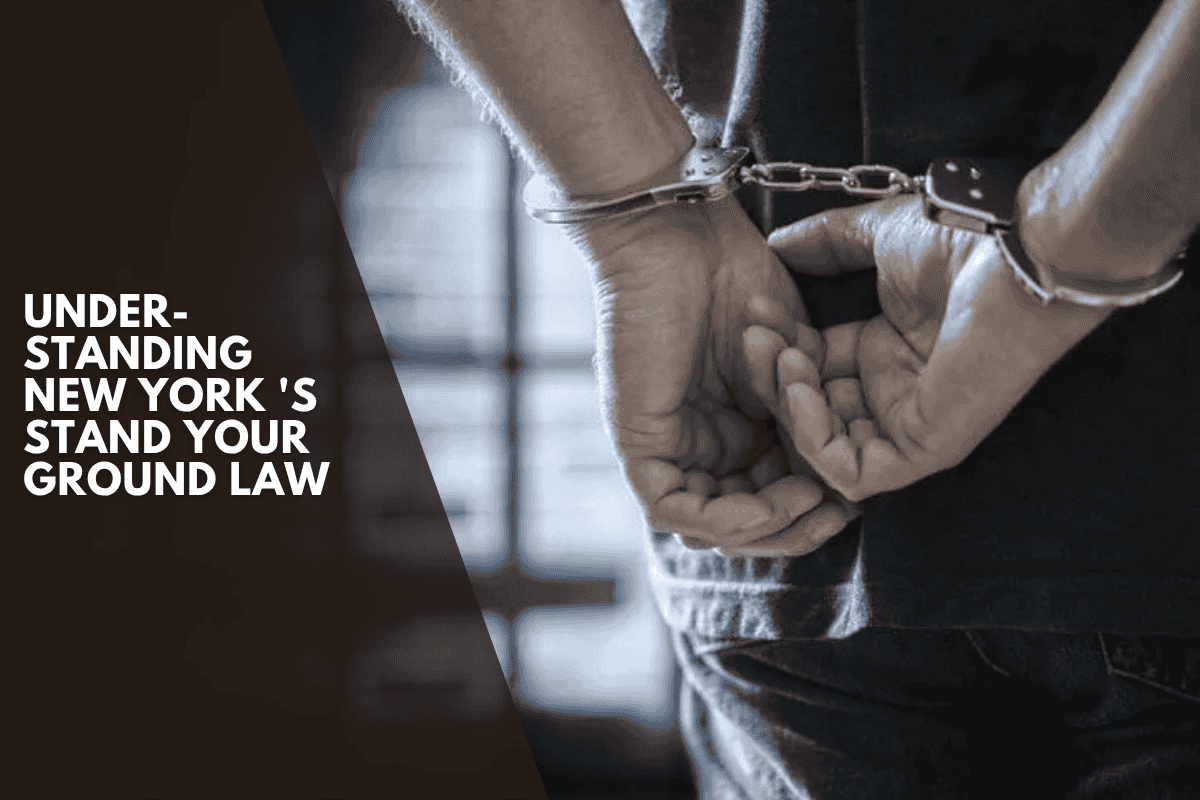New York does not have a “stand your ground” law. Unlike many other states, such as Florida or Texas, where individuals are legally permitted to use deadly force in self-defense without any obligation to retreat, New York law requires a person to retreat from a confrontation—if it can be done with complete safety—before resorting to deadly physical force. This legal principle is known as the “duty to retreat.”
The Duty to Retreat Explained
Under New York’s self-defense statutes, specifically Penal Law § 35.15, a person may use physical force to defend themselves or others if they reasonably believe it is necessary to prevent imminent unlawful physical force.
However, when it comes to deadly physical force, the law is stricter. Deadly force may only be used if the person reasonably believes it is necessary to prevent deadly physical force against themselves or others, and only if they cannot safely retreat from the situation.
If a safe escape is possible, the law requires the individual to take that option rather than escalate to deadly force. This applies in public places and shared spaces, such as building hallways or lobbies.
The Castle Doctrine: The Major Exception
The primary exception to New York’s duty to retreat is the “Castle Doctrine.” This doctrine holds that a person does not have to retreat when confronted with a threat inside their own home, provided they are not the initial aggressor.
In such circumstances, the law recognizes the right to “stand your ground” and use reasonable, even deadly, force to defend oneself or others against an intruder who is committing or attempting to commit a violent crime, such as burglary or arson.
This means that if someone unlawfully enters your home and poses a deadly threat, you are not legally required to try to escape before defending yourself or your family.
Self-Defense in Practice
To successfully claim self-defense in New York, the person must show:
They actually believed the use of force was necessary to prevent harm.
That belief was reasonable under the circumstances.
They were not the initial aggressor (unless they withdrew from the encounter and communicated that withdrawal).
They could not safely retreat, unless the incident occurred in their own home.
If these criteria are not met, a self-defense claim may fail in court.
New York does not have a stand your ground law. Instead, it follows a duty to retreat in public spaces, requiring individuals to avoid using deadly force if they can safely escape the situation.
The major exception is the Castle Doctrine, which allows people to defend themselves without retreating when threatened in their own homes. Understanding these distinctions is crucial for anyone considering self-defense in New York, as the legal consequences can be severe if the law is not followed.
Sources
[1] https://www.superlawyers.com/resources/criminal-defense/new-york/asking-questions-about-standing-your-ground-in-new-york/
[2] https://vargheselaw.com/news/what-are-new-yorks-self-defense-laws/
[3] https://codywarnercriminaldefense.com/new-york-self-defense-laws/
[4] https://www.jasongoldmanlaw.com/insights/new-york-self-defense-laws-castle-doctrine
[5] https://giannicriminallaw.com/new-york-self-defense-law/











